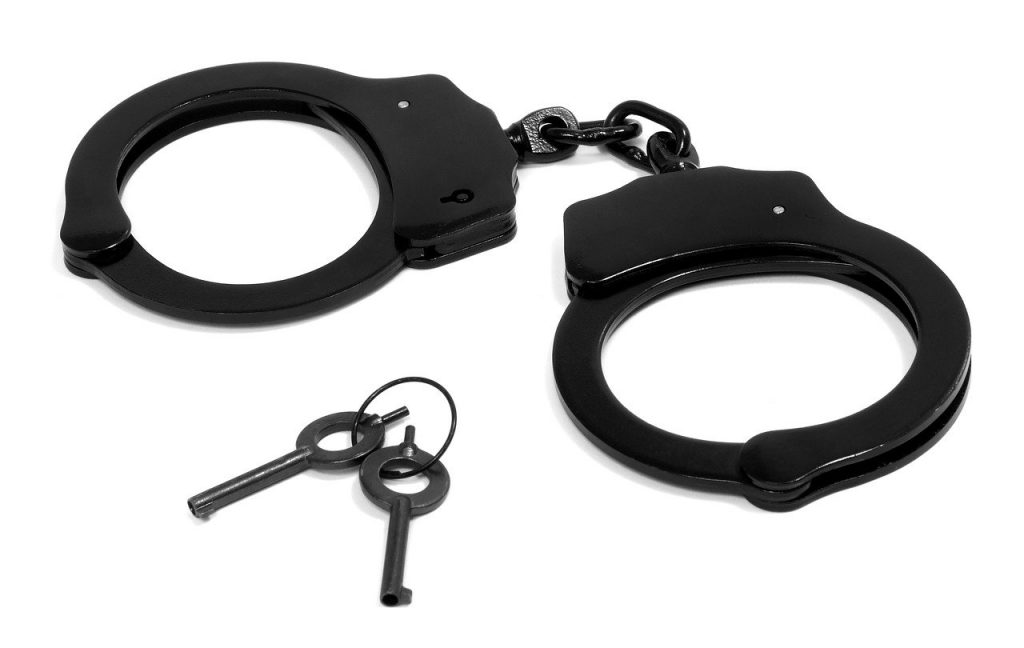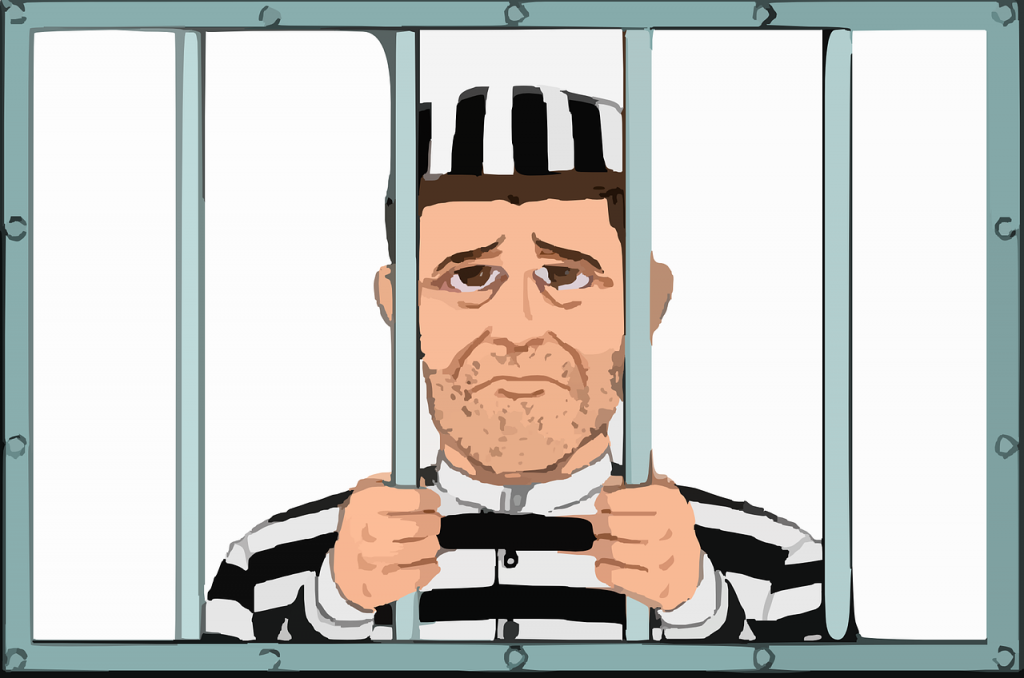The job of a correctional officer has been misinterpreted so much by the pop culture so that regular people can’t tell which is true and which is false about the job anymore.
Mostly, correctional officers supervise individuals who have been arrested, awaiting trial, or have been sentenced to time in prison.
The job of a correctional officer is one of the most high-risks with a high rate of illnesses and injuries on the job.
Usually, they are a result of spending a long time with potentially violent and dangerous criminals.
Prisoners should be under supervision at all times, so the shifts of correctional officers can take place at nights, on weekends, and on holidays.
The BLS reports the average salary of correctional officers to be $40,580 annually with a $19.51 hourly rate.
Even though the salary is decent and the educational requirements are low, the employment rate of correctional officers should only grow by 4% through 2024.
Article Table of Contents
What Does a Correctional Officer Do
Correctional officers are responsible for control, care, and custody of arrested or awaiting trial people.
They have to maintain the care and security of the building as well.
Mostly, correctional officers are employed by the governmental facilities of their jurisdictions.
However, there are also private prisons in need of correctional officers.
This job can be dangerous and stressful, so the turnover and quitting rate in this position are very high.
The decent salary and minimal requirements can be not enough to make up for the risk of injury and stress that come with the job.
Responsibilities
While the job of a correctional officer is the same in different employment places, some duties may vary.
However, regardless of the private or public security sector, the duties are usually the same.
The common responsibilities of a correctional officer include:
- Enforcing rules.
- Maintaining orders in jails and prisons.
- Supervising inmates.
- Monitoring different activities.
- Counseling offenders.
- Helping convicts rehabilitate.
- Conduct inspection in the facilities.
- Ensuring the facilities meet the standards.
- Searching for inmates.
- Checking for items of contraband.
- Reporting on the inmates’ behavior.
- Keeping account to those in change.
- Searching visitors for the items of contraband.
- Supervising visiting hours.
- Conducting patrol.
- Escorting inmates for internal and external visits and transfers.
- Assisting with reviewing prisoners.
- Ensuring that inmates have access to professional help.
- Working in a team to resolve crises.
- Responding to incidents.
- Using authorized physical control and restraint to control situations.
- Protecting the property of prisoners.
- Respecting the rights and dignity of prisoners.
- Maintaining relations with other members of the staff.
- Offering educational opportunities to inmates.
- Inspecting the mail and personal items of prisoners.
- Working with enforcement authorities to prevent crime.
Requirements
Having to work in such a stressful and rough environment can be alarming for some people, especially where any mistake can cause a disaster.
Therefore, those who seek employment as a correctional officer need a set of skills and traits to perform the job well.
The most common skills and qualities required for a correctional officer include:
- Resourceful nature.
- Superior interpersonal skills.
- Great judgment.
- Decent negotiation skills.
- High levels of stamina.
- Superior amount of physical strength.
- Great self-discipline.
- Assertive nature.
- Quick wits.
- Self-motivation.
- Superior leadership potential.
- A high degree of resilience.
- Quick learning skills.
- Superior decision-making skills.
- A high degree of responsibility.
- Ability to stay calm under pressure.
- Advanced organizational skills.
- High self-confidence.
- Stress coping mechanisms.
- Superior emotional intelligence.
Training and Qualifications
Aspiring correctional officers usually go through various training sessions and formal instructions.
As determined by the Federal Bureau of Prisons, correctional officers need only a high school diploma or an equivalent certification.
However, correctional agencies in many states and jurisdictions provide on-the-job training for correctional officers and juvenile correctional officers.
Sometimes, this training can last for weeks, and the longer one can take up to half a year.
Additionally, correctional officers need 200 hours of formal training.
It includes various procedures on how to deal with disturbances.
The training includes such techniques as disarming opponents, disarming hostage situations, protecting inmates, and others.
Experience
Correctional officers don’t really need any experience for the job.
However, it may influence the salary and employment opportunities.
Many managerial jobs may become available in a prison, even the position of the prison warden.
The position of a correctional officer also comes with quite an attractive salary.
According to the PayScale report, the average salary of a correctional officer can grow by as much as $20,000.
With five to ten years of experience, wages can grow even more significantly.
Career Outlook
Even though the budget constraints affect both state and local prisons, the employment rate is still optimistic.
It is lower than for other occupations nationwide but is still estimated to grow by 4% through 2024.
The employment rate is at this level because many correctional officers leave the occupation due to high levels of stress on the job.
At the same time, prison overpopulation is still an issue, making the job outlook even poorer.
However, there are still multiple openings available.
If you are interested in the career of a correctional officer, you need to know a few things before you start your career path:
- Most of the time is spent indoors.
- Some employers do allow for a flexible schedule.
- The usually paid leave balance is between 25 and 35 days.
- Part-time and job-shares are also sometimes available.
- Refurbishments and renovations can be pretty frequent.
- Employees might be forced to learn how to be flexible.
- Dangerous situations are very likely to arise.
- All employers provide correction officers with uniforms.
Correctional officers face high levels of stress which makes more people quit.
The quitting rate is higher than the hiring rate for the occupation.
The high-risk factor is dangerous inmates, and the work hours can be taxing.
Even though the educational requirements are low and the salary is decent, not everyone can handle the job of a correctional officer.

